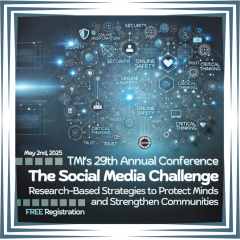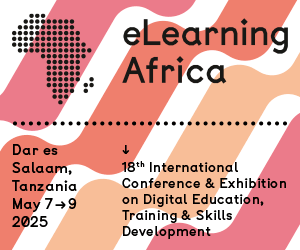How MOOCs Are Derailing Open Education
 Tianjin (CH), June 2013 - A pioneer of Massive Open Online Courses (MOOCs), George Siemens of Athabasca University, Canada, is one of the impressive list of keynote speakers confirmed for ICDE's World Conference to be hosted by Tianjin Open University, China, 16-18 October 2013. Siemens contends that the most prominent MOOCs are failing the ideals of the Open Education movement.
Tianjin (CH), June 2013 - A pioneer of Massive Open Online Courses (MOOCs), George Siemens of Athabasca University, Canada, is one of the impressive list of keynote speakers confirmed for ICDE's World Conference to be hosted by Tianjin Open University, China, 16-18 October 2013. Siemens contends that the most prominent MOOCs are failing the ideals of the Open Education movement.
Significant investments have been made in the recent past in companies (Coursera, Udacity, Udemy), similar non-profit initiatives (edX), and learning-management systems (Canvas, Blackboard). The Introduction to Artificial Intelligence course offered via Stanford University was signed up for by 160,000 people wishing to take the free online course. The idea of large-scale, free online education has been around for quite some time. Some examples include David Wiley’s 2007 Introduction to Open Education; Connectivism and Connective Knowledge, led by George Siemens and Stephen Downes in 2008; Open Content Licensing for Educators; and many others.
A central component to these earlier iterations of the MOOC was the dual meaning of "open." Justin Reich writes in EdWeek, "The original MOOCs … were 'open' in two respects. First, they were open enrollment to students outside the hosting university, that is open as in 'open registration'. Second, the materials of the course were licensed using Creative Commons licenses so their materials could be remixed and reused by others. That is open as in 'open license'."
These dual characteristics of "open" are also core to Open Educational Resources (OER). Hewlett’s updated OER definition begins, "OER are teaching, learning, and research resources that reside in the public domain or have been released under an intellectual property license that permits their free use and re-purposing by others." That is, for an educational resource to be "open" it must be both gratis (available at no-cost) and libre (everyone has the legal rights to repurpose the resource). An OER cannot be freely available or openly licensed – it must be both freely available and openly licensed (or in the public domain) to be an OER.
The new cohort of MOOCs are distinct from the original MOOCs in that they are "open", thus far, in only one respect: they are open enrollment. The new MOOCs have not yet openly licensed their courses. As MOOCs continue to develop course content and experiment with various business models, we think it’s crucial that they consider adopting open licenses as a default on their digital education offerings. In general, the value proposition can be enhanced for the new MOOCs and their users if the MOOCs openly license their courses.










